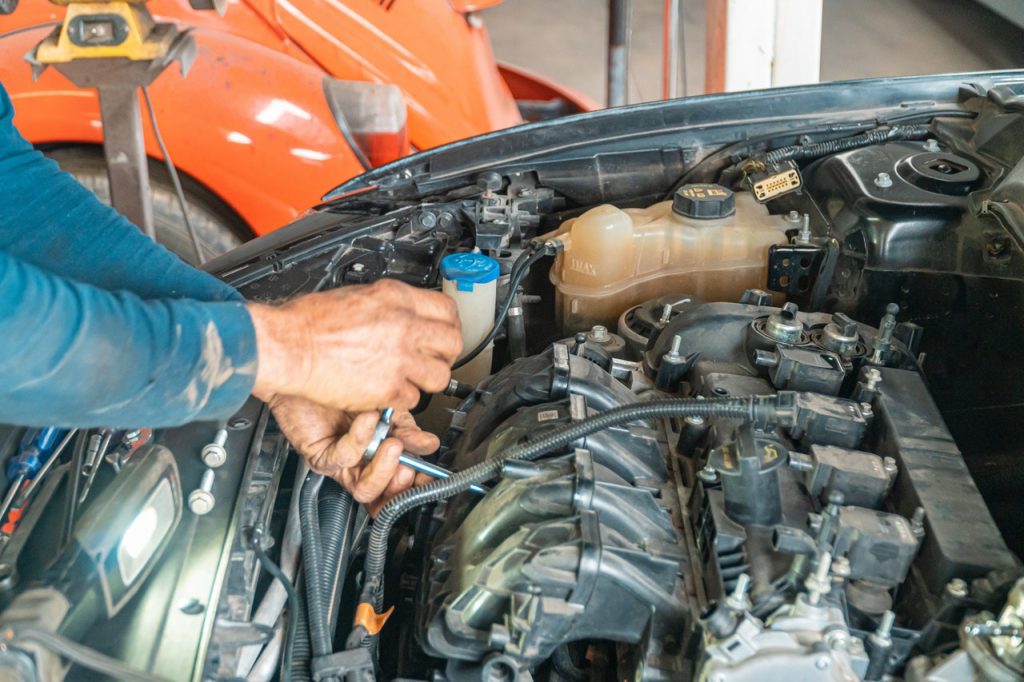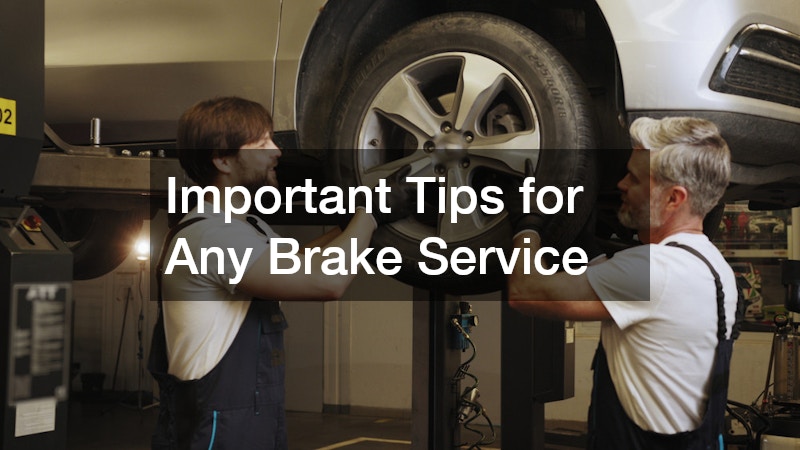Planning for an epic road trip should be an enjoyable experience. But choosing the destination, booking the hotel, and planning the itinerary can easily overwhelm and confuse even the most prepared traveler. But a little planning here and there will produce the most worthwhile results. This is especially true during the COVID-19 pandemic, as most of us seek the most convenient way to travel amid a global health crisis.
America’s expansive roadways are one of the most epic means to travel. Road trips are great ways to explore new places you’ve never visited before. But doing a road trip doesn’t simply mean jumping on the car and going for the long ride, you need to ensure you arrive at your destination comfortably and safely. A road trip isn’t just about packing, you need to plan ahead of time to stay prepared for the high endurance demands of a long car ride.
Some travelers go the extra mile by giving their vehicles some TLC before a long road trip. Auto detailing companies provide premier services from window tinting, paint protection, and ceramic coating to ensure your car remains fresh along the road.
If you’re planning a road trip with your family, you may want to prepare your vehicle to get to your destination and back home. So before hopping on that car, here are some ways to gear up your vehicle for a long road trip!
Get the tires ready
Tires are the most vulnerable part of your vehicle since they are always in direct contact with road surfaces. They have to deal with diverse road conditions, from sinkholes, cracked pavements, potholes, and falling shoulders. When left unchecked, you’ll likely end up stranded in the middle of the road. Tire changing will also take a considerable amount of time, which can affect your travel hours.
Since tires are most susceptible to wear and tear, it only makes sense to provide extra care to ensure they are free from obvious defects and abnormal wear. Tire maintenance includes checking the inflation, air pressure, rotation, and condition.
When it comes to air pressure, every vehicle’s tire has a required air pressure found on the inside of the door jamb. It is also important to check the tire pressure every 1000 miles. If you’re carrying a heavy load or traveling for long hours, make sure to check the tires during stopovers. The tire rotation is also critical for tread wear and tire life as it preserves balanced traction, handling, and good treadwear.

Check the fluids
Inspecting the vehicle’s fluids is necessary to ensure a smooth road trip. Every vehicle requires different types of fluids, from the motor oil, brake fluid, coolant, clutch fluid, power steering, and windshield washer fluid. While motor oil serves as the engine’s lifeblood, specialized fluids are vital for your car’s longevity and operation. Checking them before traveling will save time instead of making emergency stops for servicing while on the road.
Checking the fluid will also prevent inconveniences, such as malfunctioning and overheating of the A/C unit. But before loading up your car with these fluids, it’s important to familiarize yourself with the different types of vehicle fluids and know the required amounts. Service intervals on your vehicle’s essential fluids often depend on mileage, so it’s important to know how far you’ve driven since the last service and how far you’re planning to drive on your next trip. This will help identify which fluids demand your attention.
Observe routine maintenance
Aside from maintaining vehicle fluids, the overall maintenance of the vehicle should also be your top priority. This includes the air filter, belts, hoses, and lighting.
Vehicles have two air filters. The engine air filter ensures debris-free airflow for the engine, while the cabin air filter cleans the incoming air that goes through the passenger compartment. To ensure the optimum performance of your vehicle and the quality of air for the passengers, you need to replace the vehicle’s air filter regularly.
The hoses also require a quick inspection to check for any fraying or cracks. The same goes for the hoses to reveal any cracking signs of leakage at junction points. Checking the headlights is also important, especially if you’re going on a late-night road trip. You may also check the bulbs inside the cabin if they need replacements.
Driving may be an everyday routine for most of us since it’s easy to jump in the steering wheel and just drive. But following these basic car checks could save you time, money, and plenty of grief down the road. After all, going on a road trip is more fun if all you have to do is drive, relax, and enjoy the view.





